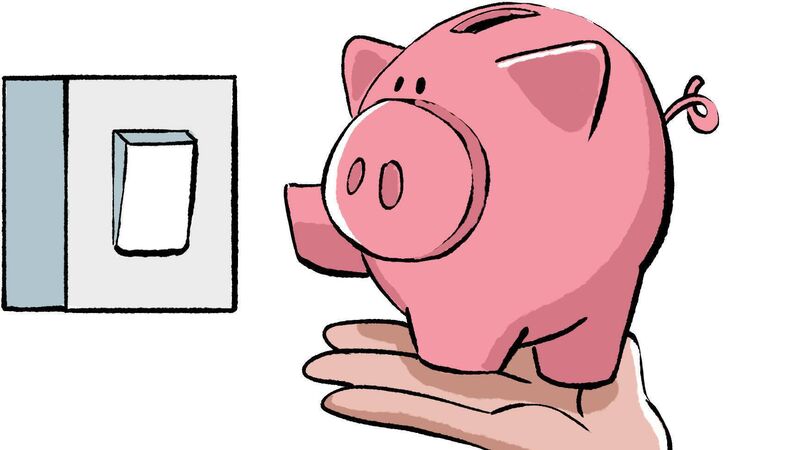Cost of living: Caitriona Redmond shares 50 easy ways to save money this winter

'I found that once I got into the habit of saving money it became a way for me to plan for the future with hope.' Picture: Harry Burton
Try from €1.50 / week
SUBSCRIBEThere's no point in me telling you how difficult it is at the moment. We are all living in difficult times. What I can tell you is that I’ve been through hard times before and being resilient and bouncing back from financial problems is something that you can learn.
Hopefully, this list of 50 ways to save money will contain plenty of inspiration for you to make your life easier this winter, and beyond. I found that once I got into the habit of saving money it became a way for me to plan for the future with hope. Even for those not feeling the pinch as much as others, being canny about what you spend is an effective way of funding nights out, home improvements, and even holidays.
Already a subscriber? Sign in
You have reached your article limit.
Annual €130 €80
Best value
Monthly €12€6 / month
Introductory offers for new customers. Annual billed once for first year. Renews at €130. Monthly initial discount (first 3 months) billed monthly, then €12 a month. Ts&Cs apply.
CONNECT WITH US TODAY
Be the first to know the latest news and updates
Newsletter
The best food, health, entertainment and lifestyle content from the Irish Examiner, direct to your inbox.
Newsletter
The best food, health, entertainment and lifestyle content from the Irish Examiner, direct to your inbox.
© Examiner Echo Group Limited